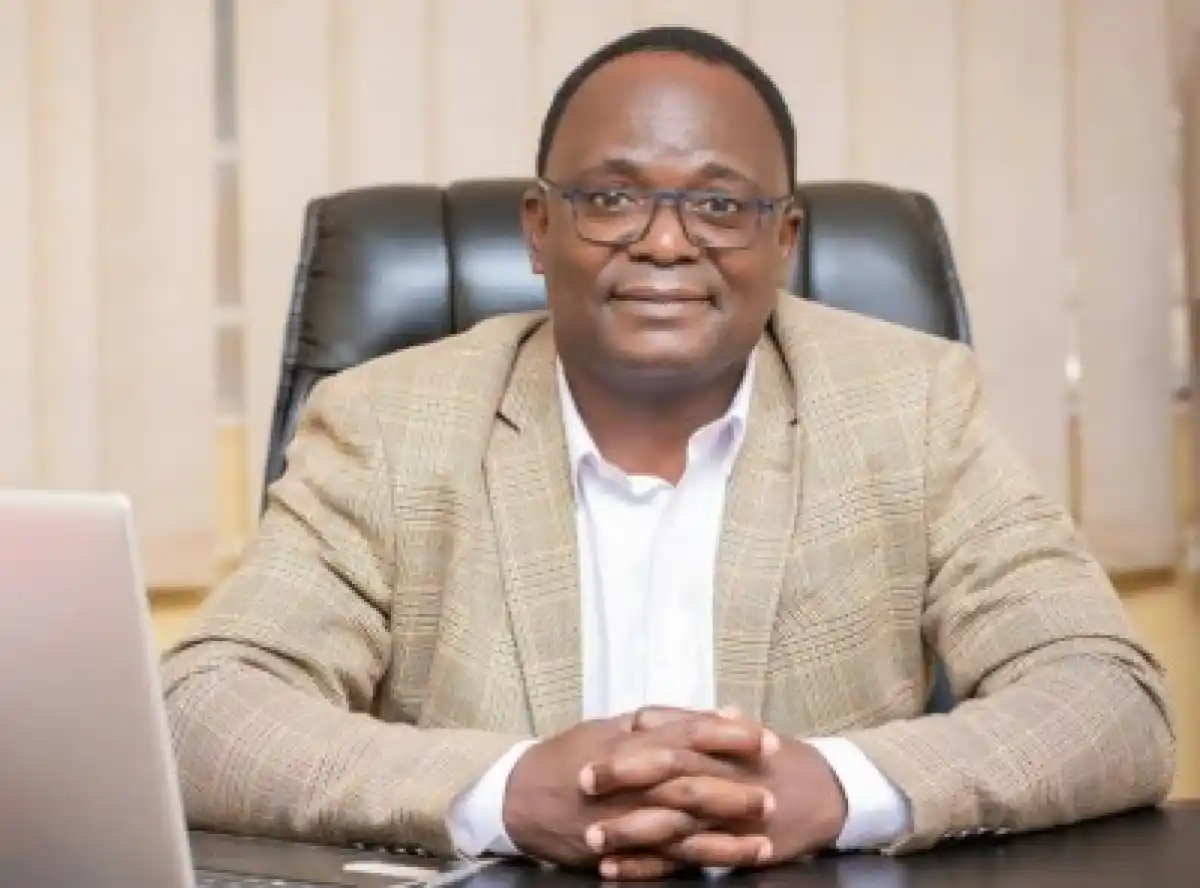

Civil society organisations (CSOs) have laughed off the government’s decision to recruit four lawyers at the Legal Aid Bureau, saying the move may not yield positive results as the institution needs 100 lawyers.
The bureau offers free legal services to resource-constrained Malawians who cannot afford the services of private practice lawyers.
The CSOs argue that the government is still denying Malawians access to justice services.
The development comes after the bureau has advertised for four posts of senior state advocates.
Last month, the bureau’s director Trouble Kalua told The Daily Times that it had 48 lawyers who were handling at least 25,000 cases across the country.
Of the cases, 16,000 were civil while 9,000 bordered on criminality.
Kalua highlighted that the bureau could be effectively providing its services with at least 100 lawyers.
Our calculations show that at the current rate, a lawyer at the bureau handles at least 520 cases and that the recruitment will lessen the cases to 480.
Human Rights Defenders Coalition Vice Chairperson Michael Kaiyatsa said Wednesday that the new recruitment would not make any difference at the bureau.
“This kind of recruitment will not make any difference. There will still be a huge gap, in terms of justice provision. It could have been better if the requirement of 100 lawyers were met but when you look at the number four and the bureau’s needs, it is clear that this is a very small number, such that it will not make any difference,” Kaiyatsa said.
He called for more funding to the bureau.

“This challenge could have been avoided if the bureau had enough resources to recruit enough lawyers. As such, there is a need for the government to accept the call that Legal Aid Bureau has been making. What it needs are enough resources,” he said.
On his part, Centre for Human Rights Education, Executive Director Victor Mhango said understaffing challenges at the bureau impact heavily on the less privileged. Advice and Assistance
“This understaffing can lead to delays in processing cases, reduced access to legal representation for those in need and overwhelming workload for existing staff. As a result, vulnerable individuals may experience prolonged detentions, inadequate defence or even the inability to pursue justice altogether,” Mhango said.
He said the development also hinders inmates who face challenges from accessing legal representation.
“Without access to legal representation, inmates—particularly those from marginalised or economically disadvantaged backgrounds—are left vulnerable to legal injustices. This absence of support can lead to prolonged detention, wrongful convictions and the inability to appeal unjust sentences.
“Furthermore, it undermines the principles of fair trial and equal protection under the law, as it disproportionately affects those who cannot afford private legal services,” Mhango said.
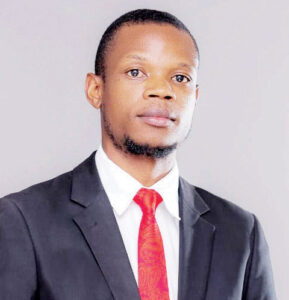
On his part, the bureau’s spokesperson John Namalenga Jnr described the recruitment drive as a process.
“Recruitment of new lawyers is a process we always strive to undertake and the recently announced vacancies, when filled, will help greatly in the management of cases in all the targeted regions,” Namalenga Jnr said.
He expressed hope that the bureau would continue recruiting more staff.
“We hope to recruit more lawyers as time goes and, funds permitting, we will recruit more. However, we, as a bureau, are working tirelessly to provide quality legal aid services to the indigent,” he said.
Last month, Public Appointments Committee of Parliament Chairperson Joyce Chitsulo pledged the committee’s support towards improving the working conditions of the bureau’s personnel and those from the Office of the Ombudsman and the Independent Complaints Commission, saying they were facing similar understaffing and funding challenges.



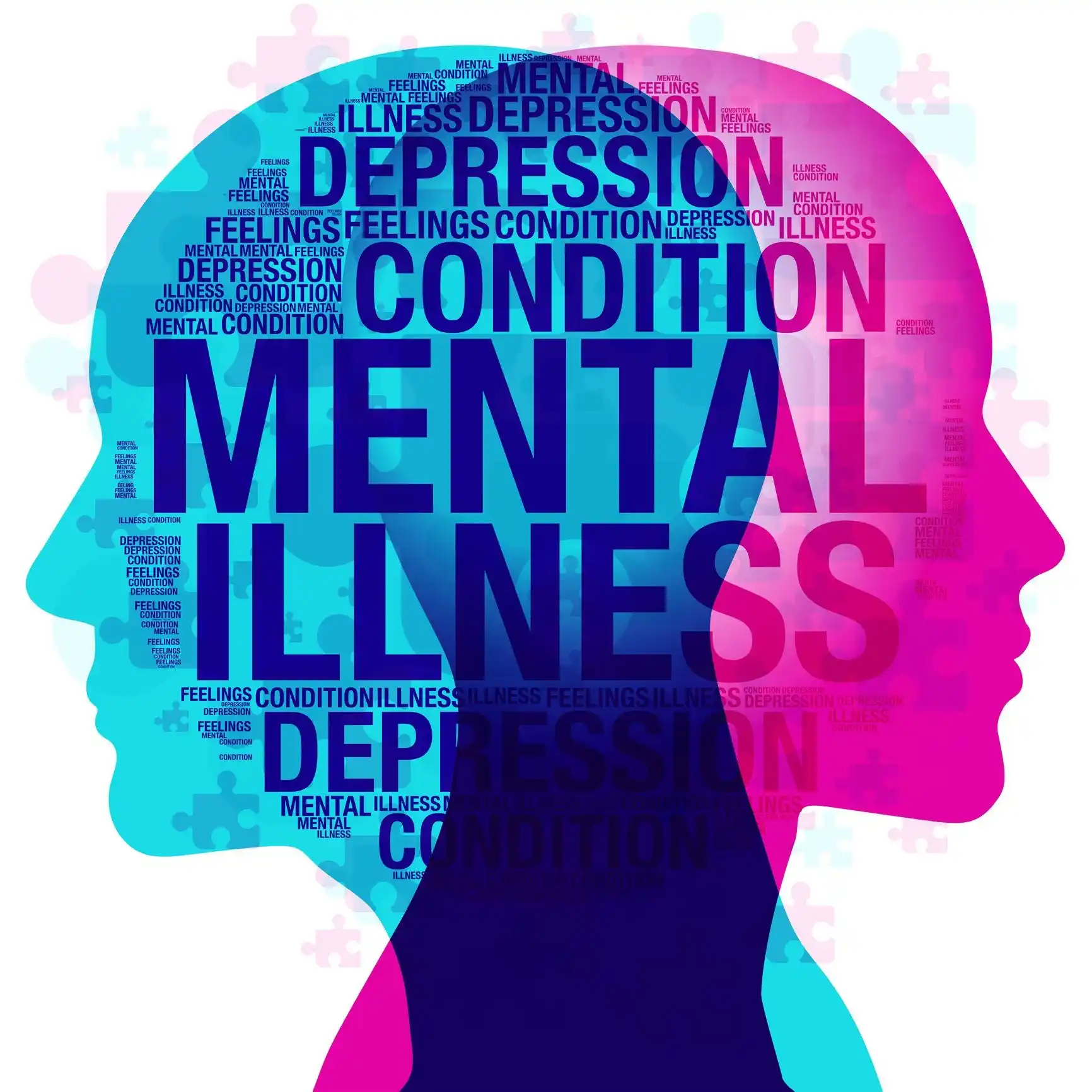
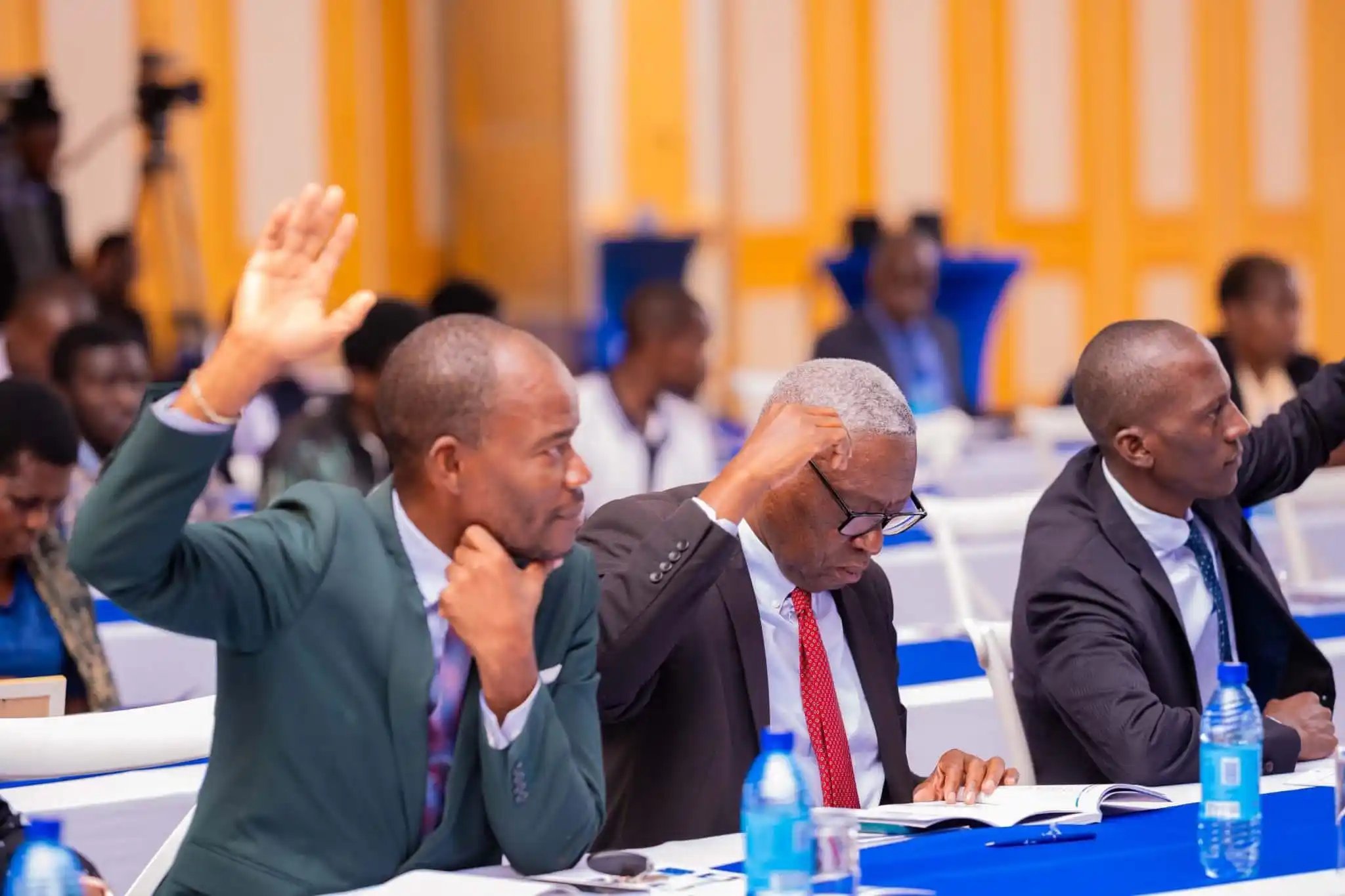

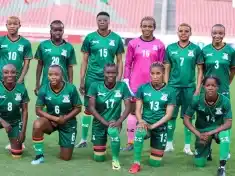
0 Comments